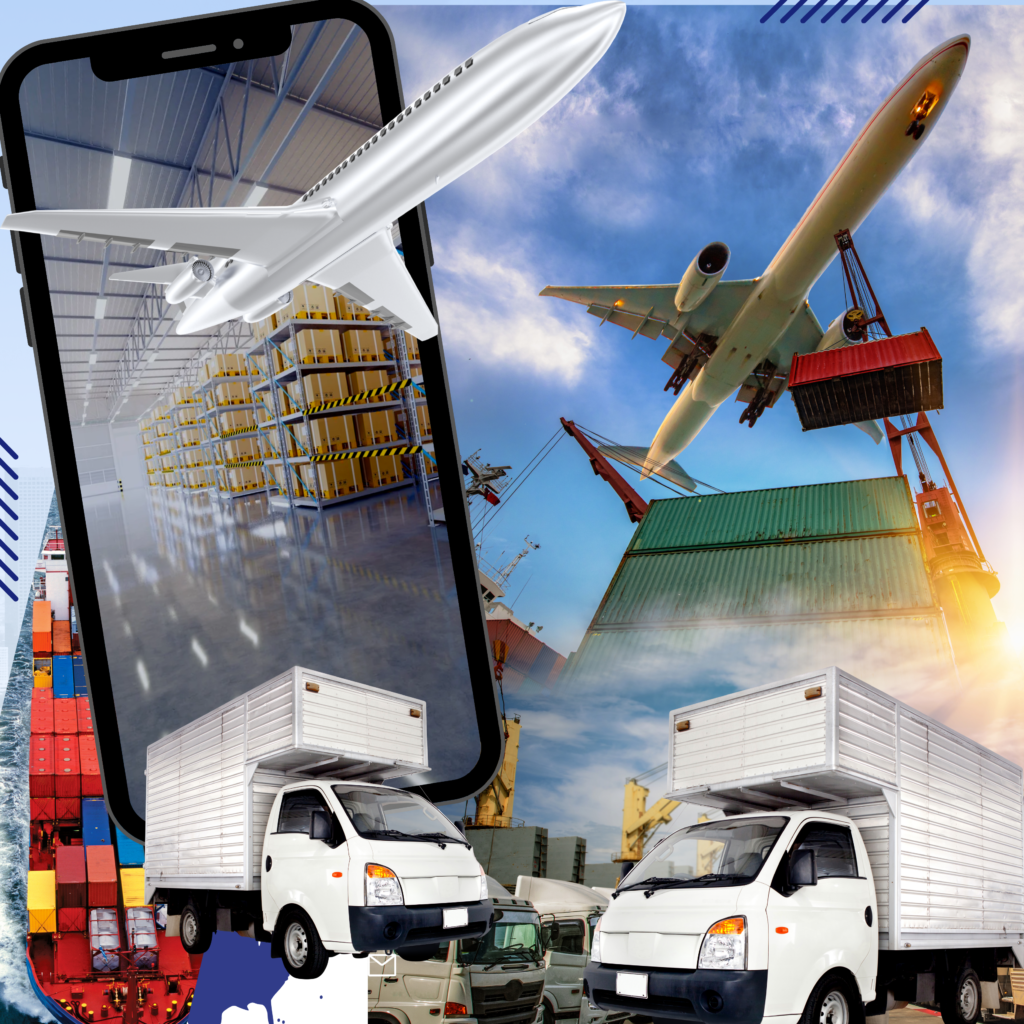
Air Freight: Soaring High with Speed and Efficiency in a Globalized World
In today’s interconnected world, the ability to move goods across continents quickly and efficiently is paramount. Air freight, the transportation of goods by airplanes, plays a vital role in facilitating global trade and commerce. This blog delves deeper into the world of air freight, exploring its advantages, addressing challenges, and peering into the future of this ever-evolving industry.
The Unmatched Speed of Air Freight: A Catalyst for Global Trade
Air freight stands out with its unparalleled speed, offering several advantages over other modes of transportation:
- Reduced Transit Times: Airplanes deliver goods in a fraction of the time compared to ships, enabling businesses to respond swiftly to market demands. Faster deliveries translate to faster inventory turnover and improved cash flow.
- Global Reach: Air freight can access virtually any airport globally, making it ideal for businesses operating internationally. This global connectivity expands market reach and fosters cross-border trade opportunities.
- Enhanced Customer Satisfaction: Meeting tight deadlines and delivering products promptly lead to happier customers. In today’s competitive landscape, reliable and timely deliveries are crucial for building customer loyalty and brand reputation.
- Reduced Spoilage Risk: For perishable goods like fruits, flowers, and pharmaceuticals, air freight minimizes spoilage risks associated with longer transportation times.
- Just-in-Time Inventory Management: Faster delivery allows businesses to adopt just-in-time inventory management practices, reducing storage costs and maintaining lower inventory levels.
Beyond Speed: The Versatility of Air Freight
While speed remains its hallmark, air freight offers more than just rapid delivery:
- Wide Range of Cargo: Airplanes can handle a diverse range of cargo, from delicate electronics and high-value goods to bulky machinery and time-sensitive documents. Specialized containers and temperature-controlled options cater to specific cargo needs.
- Reduced Risk of Damage: Air travel often minimizes the risk of damage compared to ground transportation, as cargo experiences less handling and vibration during the journey.
- Enhanced Security: Airport security measures generally offer a higher level of protection against theft or pilferage compared to other transportation methods.
- Real-Time Tracking: Modern technology allows for real-time tracking of air shipments, providing greater visibility and control over the supply chain for businesses.
Navigating Turbulent Skies: Challenges in Air Freight
Despite its undeniable benefits, air freight faces several challenges that require innovative solutions:
- Cost Considerations: Air freight is generally more expensive than other transportation options, particularly for heavier or bulkier goods. Fuel costs, airport fees, and security measures contribute to higher overall costs.
- Capacity Constraints: Aircraft have limited cargo capacity, and demand can fluctuate based on seasonality and economic factors. During peak periods, space limitations and higher competition can lead to increased freight rates.
- Strict Regulations: Air travel is subject to a complex web of regulations governing safety, security, and the transport of hazardous materials. Navigating these regulations can be time-consuming and require specialized expertise.
- Environmental Impact: Airplanes contribute to greenhouse gas emissions and noise pollution. The industry is actively exploring cleaner technologies and alternative fuels to minimize its environmental footprint.
Taking Flight Towards the Future: Innovation and Sustainability in Air Freight
The future of air freight is taking flight with a focus on innovation and sustainability. Here are some key trends shaping the industry:
- The Rise of Drones: Drone technology holds the potential to revolutionize short-distance deliveries, particularly in urban areas. Drones can offer faster and more cost-effective solutions for specific types of cargo.
- Enhanced Cargo Handling: Automation and robotic technologies are being implemented to streamline cargo handling processes, improving efficiency and reducing the risk of damage.
- Fuel Efficiency Initiatives: Airlines are investing in fuel-efficient aircraft and exploring alternative fuels like biofuels to reduce emissions and enhance sustainability.
- Smarter Route Optimization: Advanced software and data analytics are being utilized to optimize flight routes, minimizing fuel consumption and maximizing operational efficiency.
- E-commerce Integration: The rise of e-commerce is driving demand for faster and more reliable air freight solutions. Businesses are exploring partnerships with air freight providers to cater to the growing demand for expedited deliveries.
The Role of Air Freight in a Globalized Supply Chain
Air freight plays a critical role in modern supply chains by:
- Facilitating Global Sourcing: Businesses can source materials and components from various countries, enabling them to take advantage of cost-efficiencies and specialized production capabilities.
- Just-in-Time Manufacturing: Faster deliveries enable manufacturers to implement just-in-time production methods, reducing waste and minimizing inventory holding costs.
- Enhanced Agility: Air freight allows businesses to respond quickly to changing market demands and unforeseen disruptions in the supply chain


